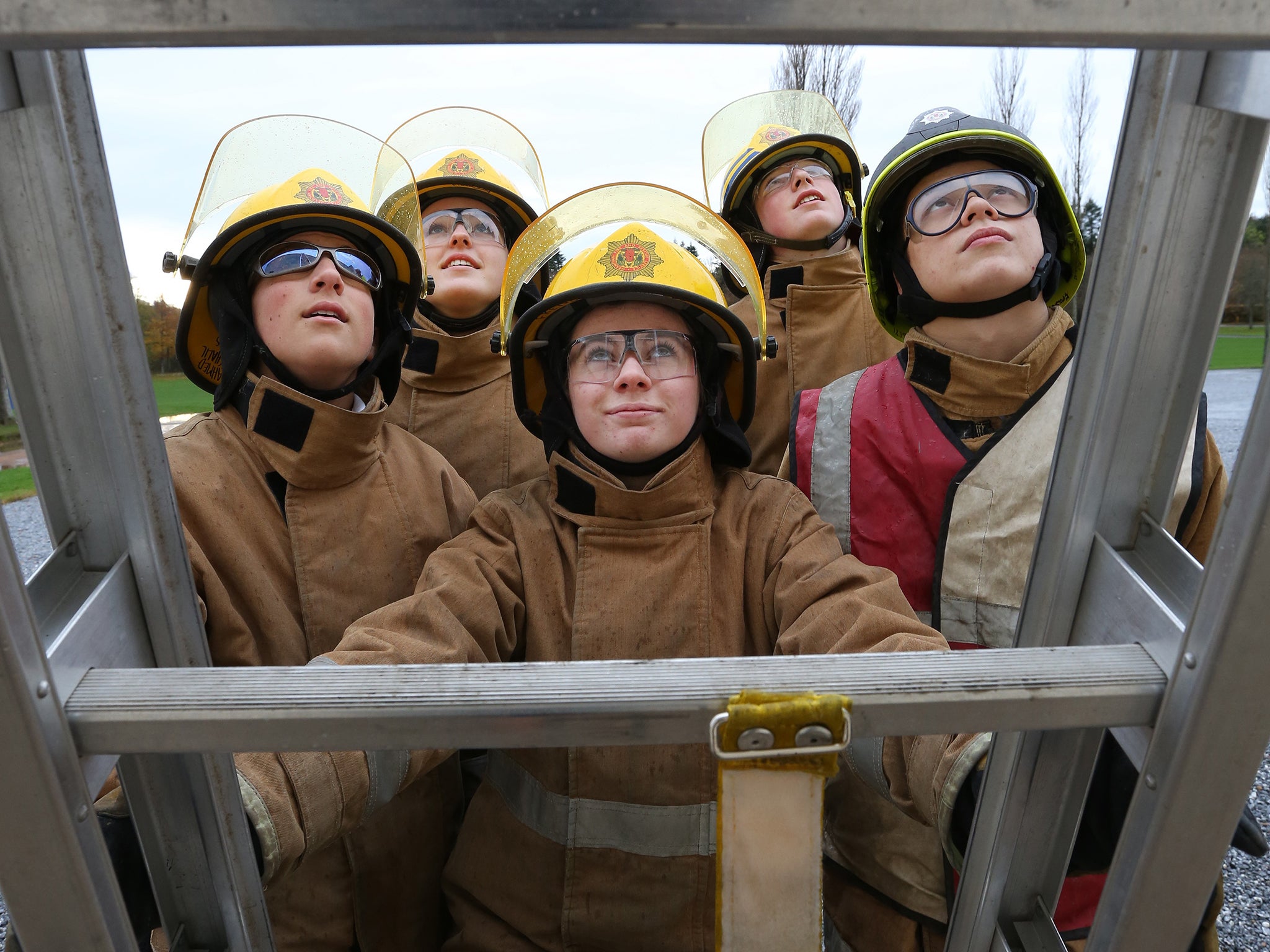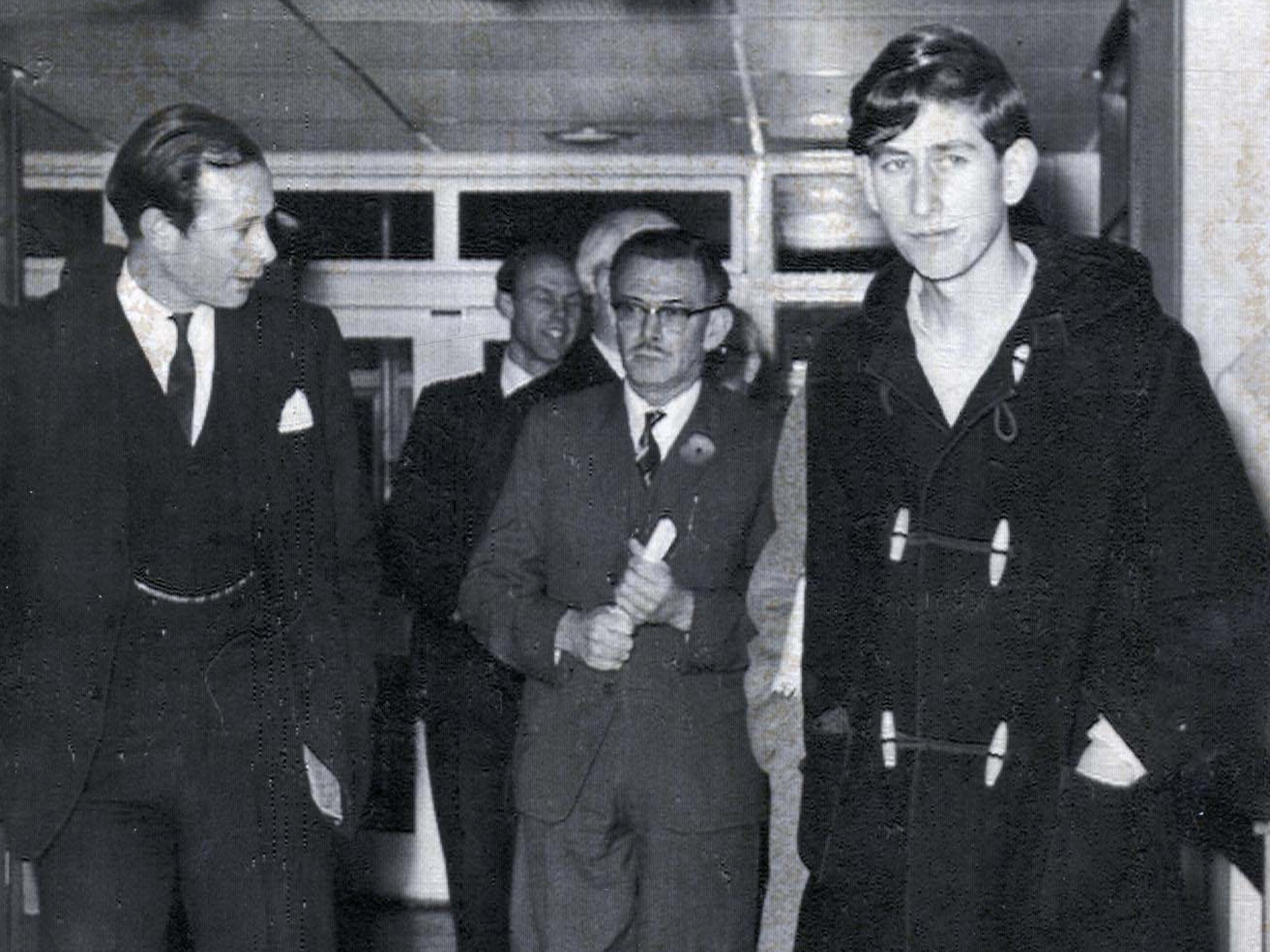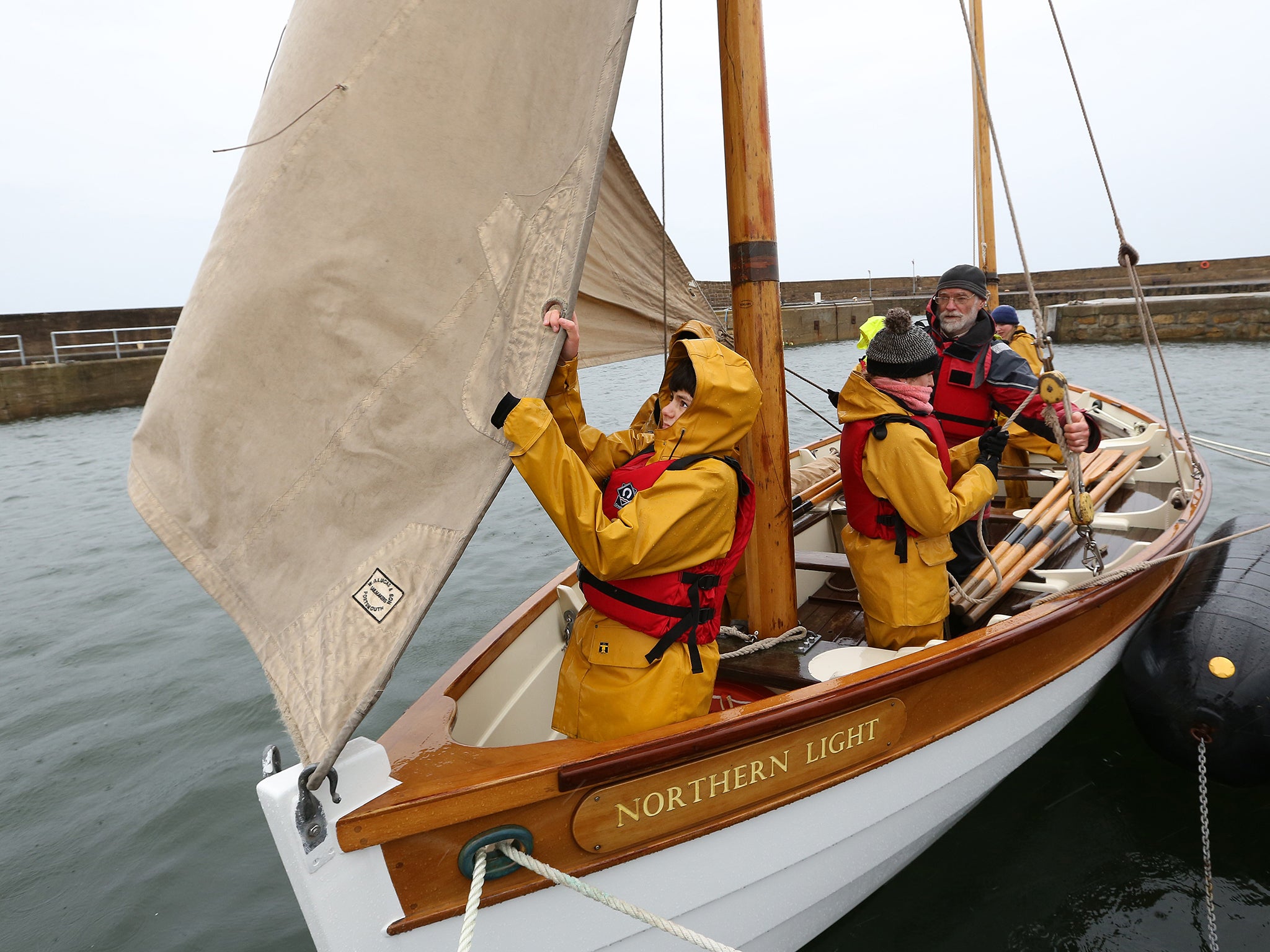Where Gordonstoun leads will other British schools follow?
The educational establishment that Prince Charles hated may be a model for the state sector

Your support helps us to tell the story
From reproductive rights to climate change to Big Tech, The Independent is on the ground when the story is developing. Whether it's investigating the financials of Elon Musk's pro-Trump PAC or producing our latest documentary, 'The A Word', which shines a light on the American women fighting for reproductive rights, we know how important it is to parse out the facts from the messaging.
At such a critical moment in US history, we need reporters on the ground. Your donation allows us to keep sending journalists to speak to both sides of the story.
The Independent is trusted by Americans across the entire political spectrum. And unlike many other quality news outlets, we choose not to lock Americans out of our reporting and analysis with paywalls. We believe quality journalism should be available to everyone, paid for by those who can afford it.
Your support makes all the difference.Prince Charles may have hated his time at Gordonstoun, describing it as “Colditz in kilts”, but the leading Scottish public school is being hailed as a model for state schools looking to build the character of their pupils.
Schools throughout the UK, and across the globe, are now beating a path to its door as its underlying principles are being seized on by both employers and in political circles in the UK as the way forward for the state sector.
Both the current Conservative Education Secretary, Nicky Morgan, and the shadow Education Secretary, Tristram Hunt, have talked of the need to instil resilience in today’s young people and to place greater emphasis on character building.
That ball was first set rolling by John Cridland, the director-general of the CBI, who talked of the need to get away from “exam factories” and produce more “rounded and grounded” citizens of tomorrow.
To Simon Reid, the headmaster of Gordonstoun for the past four years, it was music to his ears. He professes “complete delight” that the words “rounded and grounded”, “resilience” and “character-building” are becoming the buzz words for building the future of the education system. “Others are arriving at a solution we arrived at 80 years ago,” he said.
Gordonstoun was founded in 1934 by the German philosopher Kurt Hahn who had been forced to flee from the Nazis. One of his first students was Prince Philip, the Duke of Edinburgh.

The philosophy of the new school was soon established with an emphasis on service. Each pupil chose one service to the local community that they then followed for three years from the age of 15.
Once established, it was an idea that was extended to all young people in the Moray district and later – transformed into the Duke of Edinburgh’s award – to young people nationwide.
The first service established by the school was a watching one – the precursor of the local coastguards. Pupils at the school all learn sailing skills and to celebrate the school’s 80th birthday they took part in a round-Britain sail this summer.
Perhaps the most exacting service they offer is running the local firefighting service which, last year, was called out to deal with 109 incidents including tackling a haystack blaze which took seven and a half hours to control.
Duncan Taylor, the captain of the school’s firefighting service, explained the rigours of the post. “It means you are on call 24/7 and when you have leave at the weekend you have to forgo it for the service.
“I can remember being got out of bed one night at 1.30 in the morning when it was blowing a gale... In the summer term you can get as many as 10 calls a week, the majority of which are hay blazes.”
He would not, though, miss the experience for the world.
Other pupils have found the school’s commitment to service a life-changing event. One girl who went to help children with special needs now wants to take it up as a career.

Looking at the bedraggled pupils emerging from their first sailing lesson on a windswept day in the Scottish highlands emphasises the message the school is trying to get across to its pupils. Ian Learner, the school’s sail training co-ordinator, tells them: “We’re here instead of at your normal lessons and we’re here as a team.
“What we’re learning is a lot more than learning to sail. We’re learning how to do things together in a way that might be useful in other situations.”
In other words, team building and communication skills – two more of the buzzwords seized on in particular by John Cridland and Tristram Hunt in the debate about the future direction of the UK’s state education sector.
Of course, it is easier to operate that philosophy in the 200 acres of land owned by Gordonstoun in the north of Scotland – with its easy access to the sea and rock-climbing facilities. However, Gordonstoun would argue that it is not difficult to see how its philosophy can be adapted to different circumstances – for instance, providing local services to a community in an inner-city area of England.
Gordonstoun is oversubscribed and, for Simon Reid, the most important part of its admissions process in an interview with would be applicants – the potential pupils and their parents.
“You can soon tell whether it’s parental pressure or whether the student really wants to do it [enrol at the school],” he said. “Parents have an opportunity to ask questions but it’s really directed at the student.”
While he agrees that the school’s academic record is important, he adds: “The measure I’m really interested is the extent to which people benefit by being here.”
Join our commenting forum
Join thought-provoking conversations, follow other Independent readers and see their replies
Comments